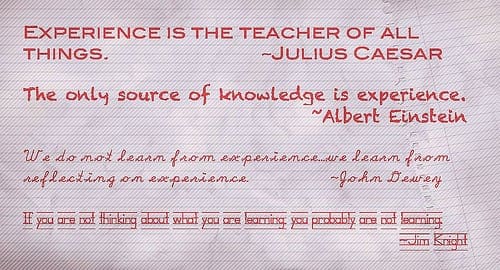5 ways in which KM can become embedded

Favorite There are 5 ways in which KM can be embedded in an organisation. Some of these are more common than others, and to fully embed KM into an organisational management system can take over a decade. I often have people ask me what “embedding” Knowledge Management actually means, and
Read More![]() Shared by Nick Milton May 17, 2023
Shared by Nick Milton May 17, 2023




